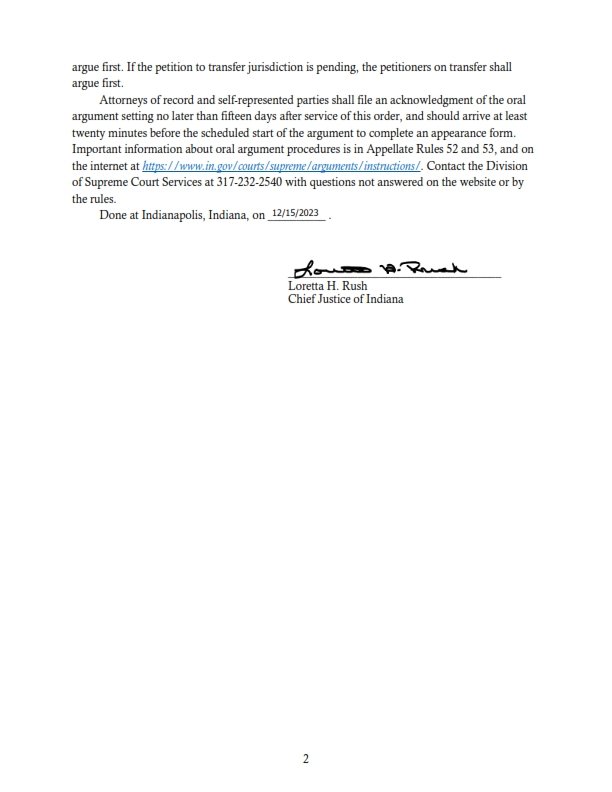The Epidemic In Elkhart County
A police detective who slept with witnesses. A racist gang of police officers who framed black men for serious crimes. Informants who were coerced to lie. Prosecutors that hid evidence favorable to defendants.
Sounds like the plot of a bestselling crime fiction novel. It isn’t. It happened in Elkhart County, Indiana.
Elliot Slosar and the Notre Dame Exoneration Justice Clinic have uncovered a tale of systemic corruption that stretches back decades.
And they’re just getting started.
The City of Elkhart is located in the sixth largest county in Indiana. Approximately 54,000 people live there, 75% of whom are white. The Elkhart Police Department (EPD) was established in 1875. The department has about 140 officers, over 90% of whom are white. The EPD has long had a strained relationship with the city’s residents, particularly its residents of color. Recently, it became known that a group of officers known as the “Wolverines” were active in the EPD in the 1990s. The Wolverines were a racially motivated group that some described as white supremacists. At least nine officers belonged to the group, including former detectives Steve Rezutko and Steve Ambrose, former police chief Ed Windbigler, and the former president of the Elkhart FOP Bruce Davidson.
These officers played key roles in the cases of six wrongfully convicted people who have already been exonerated. And there are more defendants litigating to secure their own freedom. Three of those defendants — Iris Seabolt, Leon Tyson, and Pink Robinson — received some hopeful news this week. The Indiana Supreme Court has agreed to hear their appeals.
The three cases all share the same issue: the defendants sought to remove the judge overseeing the case. Why? Well, the judge worked in the Elkhart County Prosecutor’s office during the time when the Wolverines were active in framing people for serious crimes, and when prosecutors hid exculpatory evidence from defendants and their attorneys. At the same time, the judge was married to a man who had served as an EPD reserve police officer. When Slosar commented about the systemic corruption he had uncovered in Elkhart County, the judge found his remarks to be “defamatory” (i.e., false). But the judge declined to recuse herself from the cases.
So Slosar took an interlocutory (intermediate) appeal to the Court of Appeals and lost. But earlier today the Indiana Supreme Court set the matter of whether it should review the issue of the judge’s recusal for oral argument.
The defendants’ claim has some overlap with the original action set to be heard by the Indiana Supreme Court next month in the Delphi case. In the Delphi action, we requested removal of the trial judge because we believed her finding that Allen’s counsel of choice had made false or misleading statements in court filings and were “grossly negligent” placed her impartiality going forward in question. The same could be said for the judge in Elkhart County. Given the evidence of systemic corruption in the EPD and the possible coverup by the prosecutor’s office, the judge’s determination that the allegations were false, before hearing any evidence, reasonably placed her impartiality in question going forward.
Someday soon I hope to do a deep dive into the epidemic of exonerations plaguing Elkhart County. Time to write is in short supply :) Slosar’s oral argument is scheduled for January 25, 2024 at 11:00 a.m. in the Indiana Supreme Court. That’s exactly one week after the argument in the Delphi original action. And coincidentally, I’ll be there on the 25th at 10:00 a.m. to argue one of my own cases. Slosar’s argument will be one worth watching…

